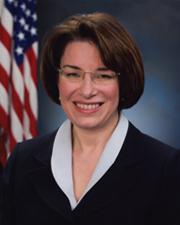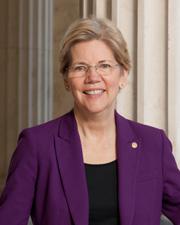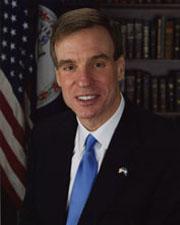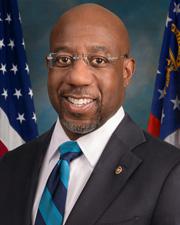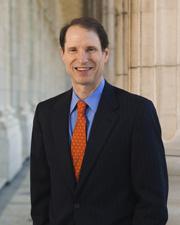0
Freedom to Vote Act
2/22/2023, 3:15 PM
Congressional Summary of S 2747
Freedom to Vote Act
This bill addresses voter registration and voting access, election integrity and security, redistricting, and campaign finance.
Specifically, the bill expands voter registration (e.g., automatic and same-day registration) and voting access (e.g., vote-by-mail and early voting). It also limits removing voters from voter rolls.
Next, the bill establishes Election Day as a federal holiday.
The bill declares that the right of a U.S. citizen to vote in any election for federal office shall not be denied or abridged because that individual has been convicted of a criminal offense unless, at the time of the election, such individual is serving a felony sentence.
The bill establishes certain federal criminal offenses related to voting. In particular, the bill establishes a new criminal offense for conduct (or attempted conduct) to corruptly hinder, interfere with, or prevent another person from registering to vote or helping someone register to vote.
Additionally, the bill sets forth provisions related to election security, including by requiring states to conduct post-election audits for federal elections.
The bill outlines criteria for congressional redistricting and generally prohibits mid-decade redistricting.
The bill addresses campaign finance, including by expanding the prohibition on campaign spending by foreign nationals, requiring additional disclosure of campaign-related fundraising and spending, requiring additional disclaimers regarding certain political advertising, and establishing an alternative campaign funding system for certain federal offices.
